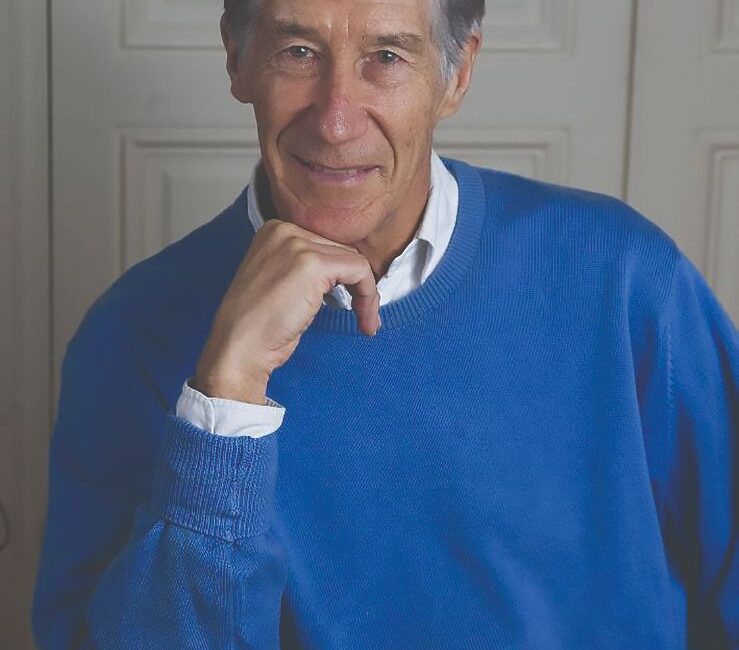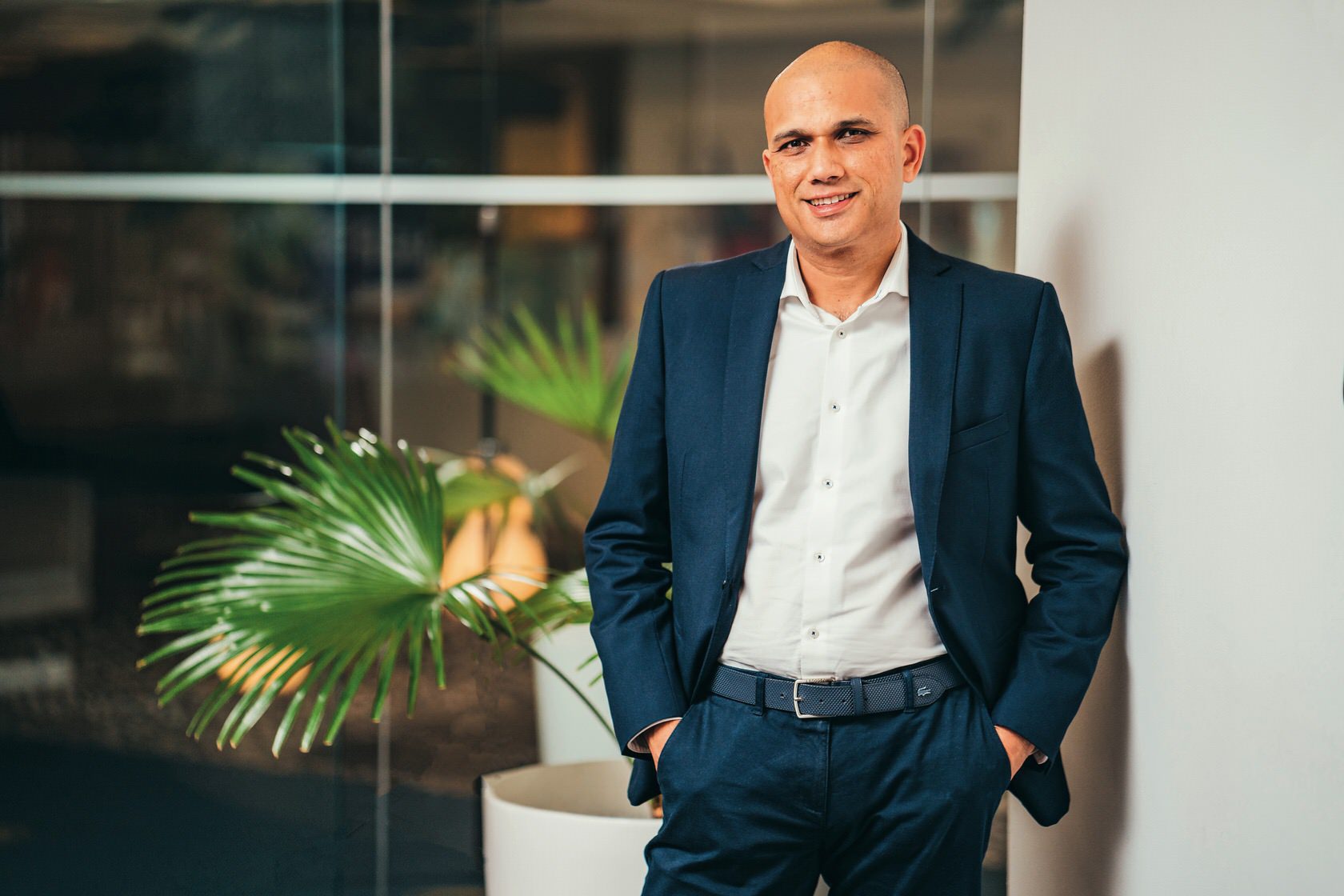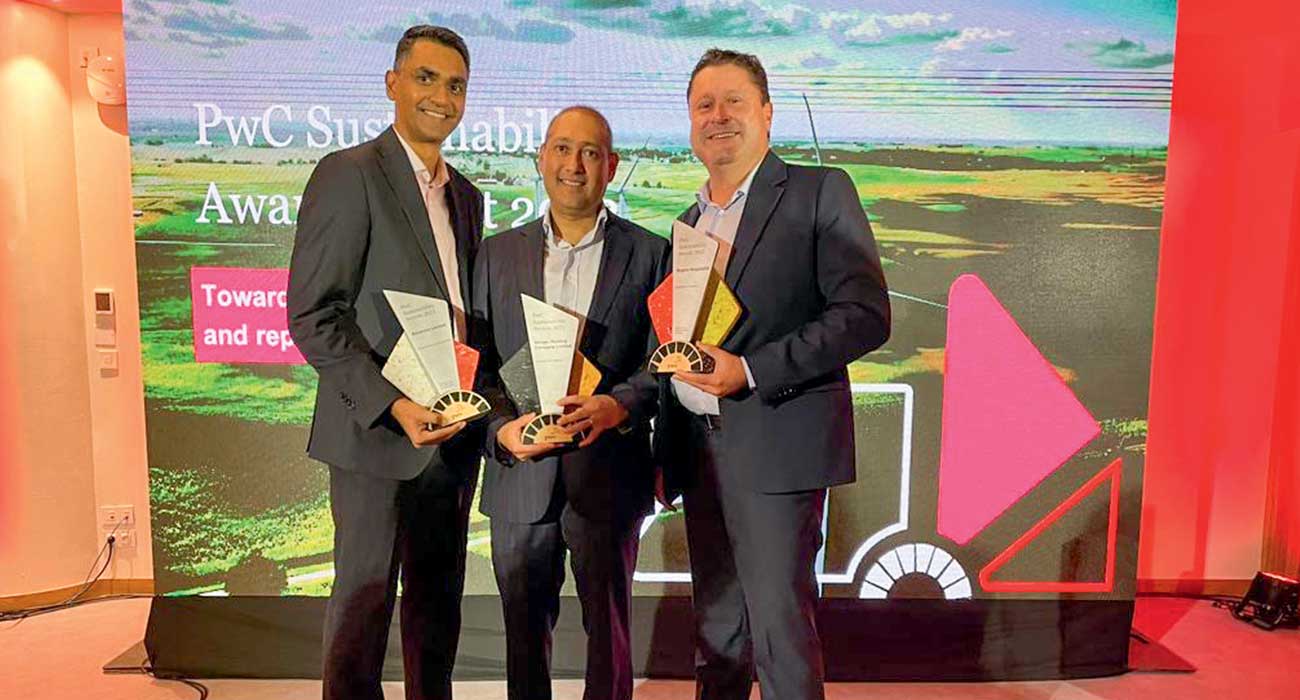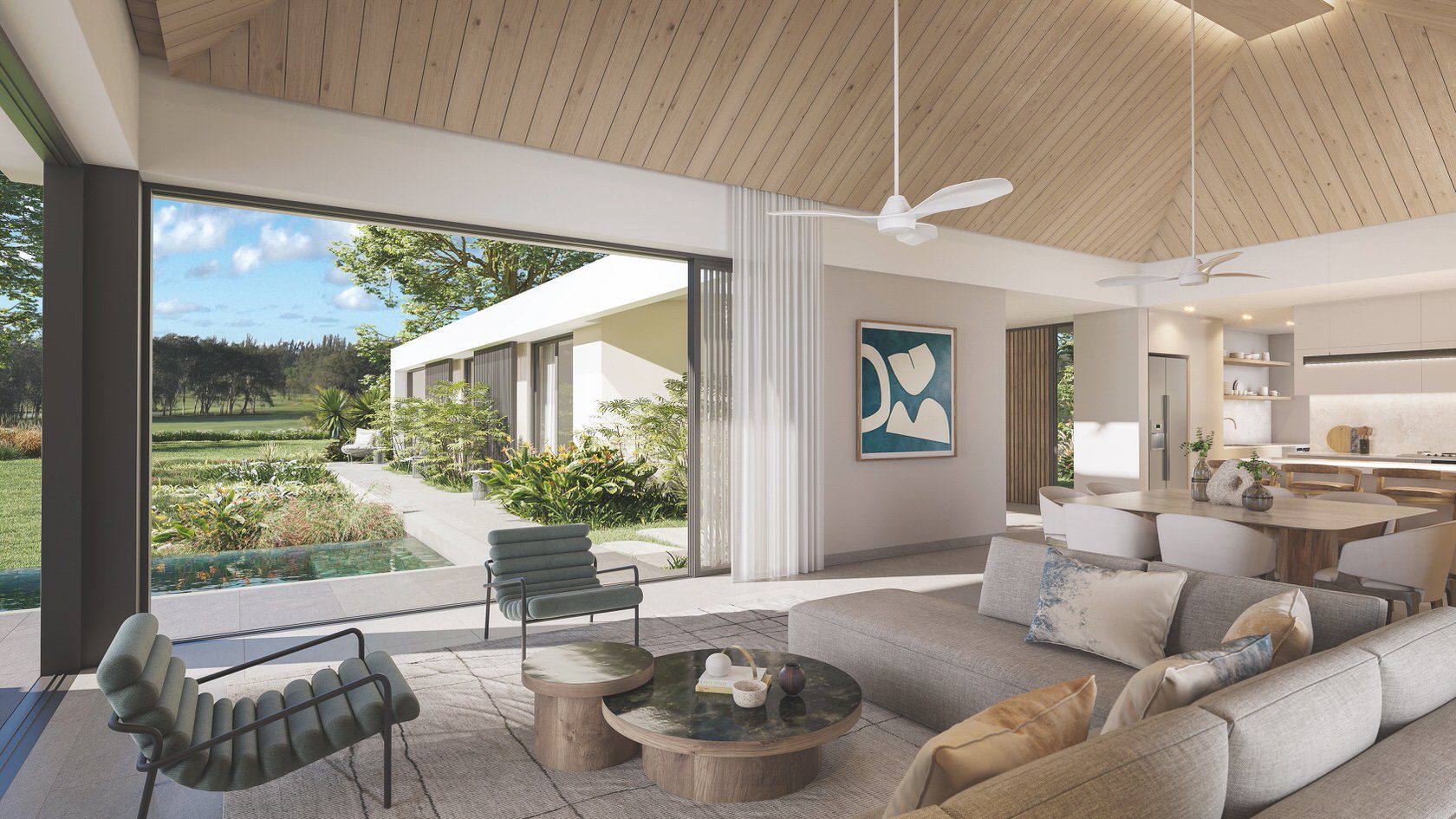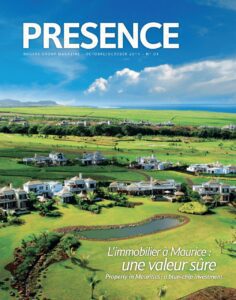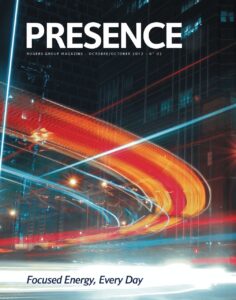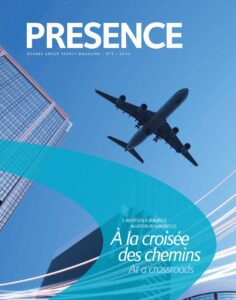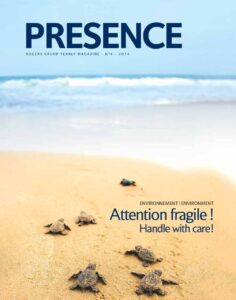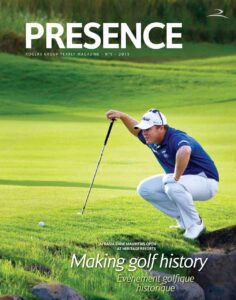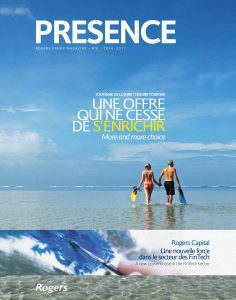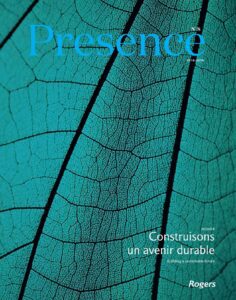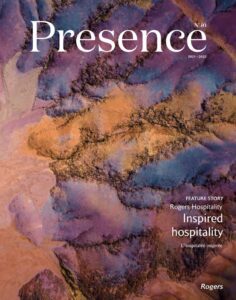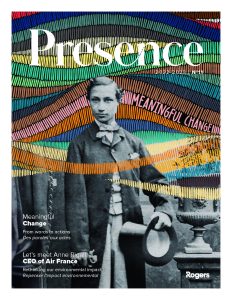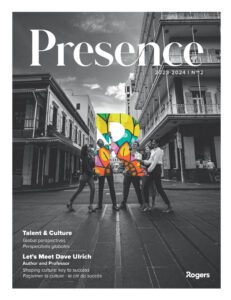World renowned scientist and futurist, Joël de Rosnay was in Mauritius in May. He hosted a symposium on the circular economy and sustainable development with Business Mauritius, an association that represents local businesses, among others. In this interview, he provides an in-depth look at major issues facing the business community and the public sector.
What should the business community do to meet the challenges ahead?
It should also recognise the need for further dematerialisation of its activities and use of the virtual technologies. Augmented and virtual realities will play a fundamental role in the next twenty years. We currently have a two-dimensional vision of the world – on our computer screens or on paper. In the next twenty to thirty years, these technologies will bring about three-dimensional communication. Headphones will very soon be replaced by spectacles that will allow you to capture the world in 3D. Key actors of the industry must understand that we are part of this revolution.
The circular economy was at the core of your speech at a Business Mauritius symposium. How can it be applied here?
It applies everywhere and in everything we do. Mauritius has the advantage of the private-public sector relationship. There is also an industry network, with commissions to address these issues – just like Rogers does. Industrial ecology, which consists of looping material flows, is linked with the circular economy. Resources must be used and reused in a circular system, which allows to “loop” industries with each other. This platform will expand the economy into new dimensions, particularly the human dimension, i.e. the social link within the company. We will no longer consider only material and information flows but also human relationships within the organisation. This is a critical element for future societies. If properly used, auxiliary intelligence and the digital will free up time for managers to take greater care of people and their problems within the company.
What are the other expected benefits of the circular economy?
The circular economy promotes industrial competitiveness – indeed, the country’s competitiveness. It encourages feedback and the assessment of what we do. We can thus gauge whether a company is performing well. Feedback also enables innovation. The GPS, for example, is an innovative system consisting of a satellite, a touch screen and a chatbot. Each of these components is an innovation in itself and makes the GPS an innovative system. Feedback allows companies to assess these systems in order to launch new and better-performing products and services.
What are the future technologies that could benefit Mauritius?
Hydrogen is underestimated in Mauritius but can be produced through photosynthesis and used in a fuel cell that converts oxygen in the air into electricity. Mauritius is a solar cell. It is a huge leaf spread in the middle of the Indian Ocean. Artificial photosynthesis will be the future for the next thirty years.
In addition to environmental issues, what are the major challenges facing Mauritius?
Co-education. The national education system is perceived as a pyramid with those who decide what should be taught on top. They divide reality into small subjects – physics, chemistry, management – to design examinable courses. With the Internet of the future, machine translation and artificial intelligence, co-education is the future of Mauritius. It will be about creating the conditions for people are knowledgeable in a subject area to help those with a lack of knowledge. Not only in schools but everywhere, within their families, at work and within associations. This is a great issue that will enable Mauritius to cope with the challenges of the future.
Waste management is becoming an urgent issue with landfill saturation. What solutions should be considered?
An option is the recycling of organic waste. This involves sorting them and humans are very good at sorting things. This requires telling them where the sorted waste is destined for. They will be motivated if they know that their work contributes to producing bitumen, fences, clothing or biomethane for electricity generation. You have to motivate people by assessing what they do. I can very well imagine Mauritian start-ups helping manufacturers and the government to assess the results of projects implemented within a public-private partnership. This idea can be pursued by young Mauritians who want to start a digital business.
Lagoon and marine biodiversity conservation efforts have been rolled out in Bel Ombre by Rogers. How can this approach be further expanded?
Reunion Island, Hawaii and Tahiti could be sources of inspiration. The last two territories have done tremendous work to identify pollution sources.
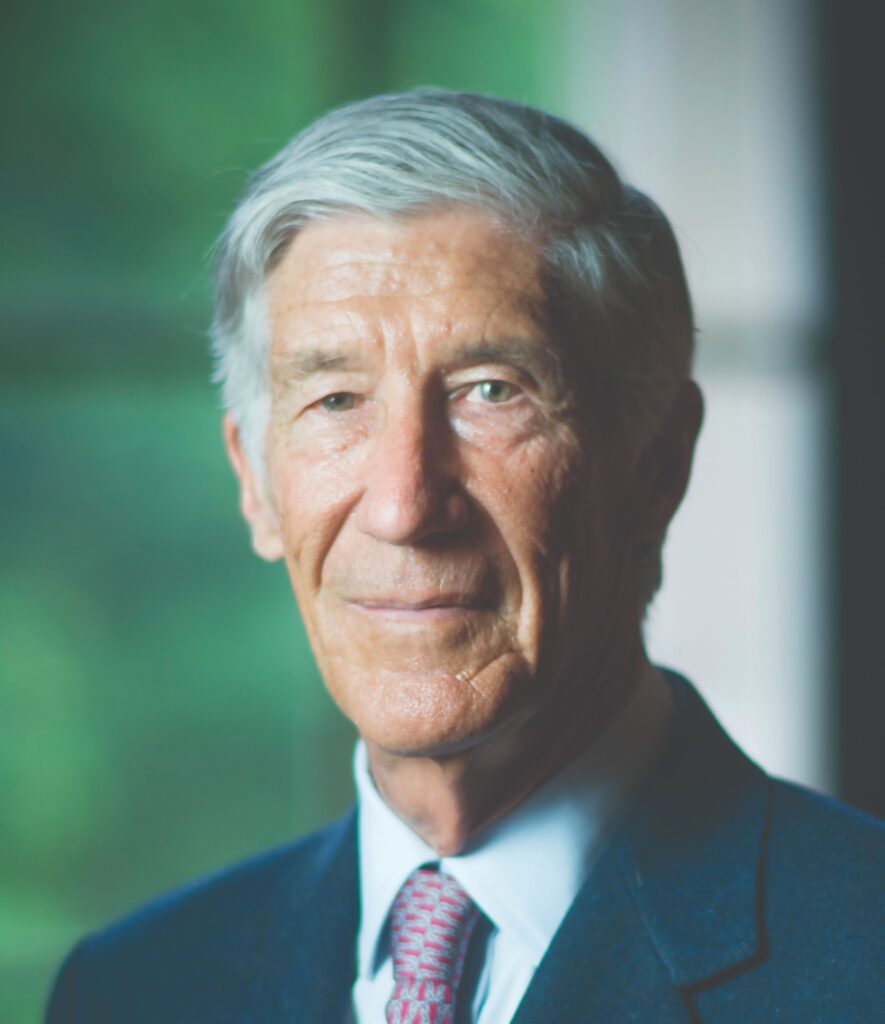
A man of many parts
82 year-old Joël de Rosnay moves through life with enthusiasm, keeping his passion for surfing alive as he continues to explore the world of advanced technologies, the digital revolution, the miracles of artificial intelligence, and futurology. This approach aims at anticipating the evolution of our society in order to prepare for a better future. He started his career as a researcher in the fields of biology and computer science, then became a lecturer and writer, while he developed the systemic approach of interlinking various disciplines such as biology, anthropology, cybernetics, economics or ecology.
His long career as a scientist includes a stay in Boston, at the Massachusetts Institute of Technology (MIT), where he was a researcher and teacher from 1967 to 1975. During the same period, he was Scientific Attaché at the French Embassy in the United States (between 1968 and 1964). He was also Director of Research applications at the Pasteur Institute till 1984, when he was appointed as Director of Forecasting and Assessment of the Cité des Sciences et de l’Industrie in La Villette, Paris. He subsequently became an adviser to the President of that institution.
He was also a Scientific columnist on Europe 1 from 1987 to 1995. CEO of Biotics International, his consulting company, Joël de Rosnay is the author of several scientific books intended for a wide audience. He wrote, among others, “The Origins of Life” (1965), “La Malbouffe” (1979), “The biological revolution” (1982), “Rendez-vous with the Future” (1991) and “Symbiotic Man, a look into the third millenium” (1995). « La Symphonie du vivant » was published in 2018 by Les Liens qui Libèrent.

